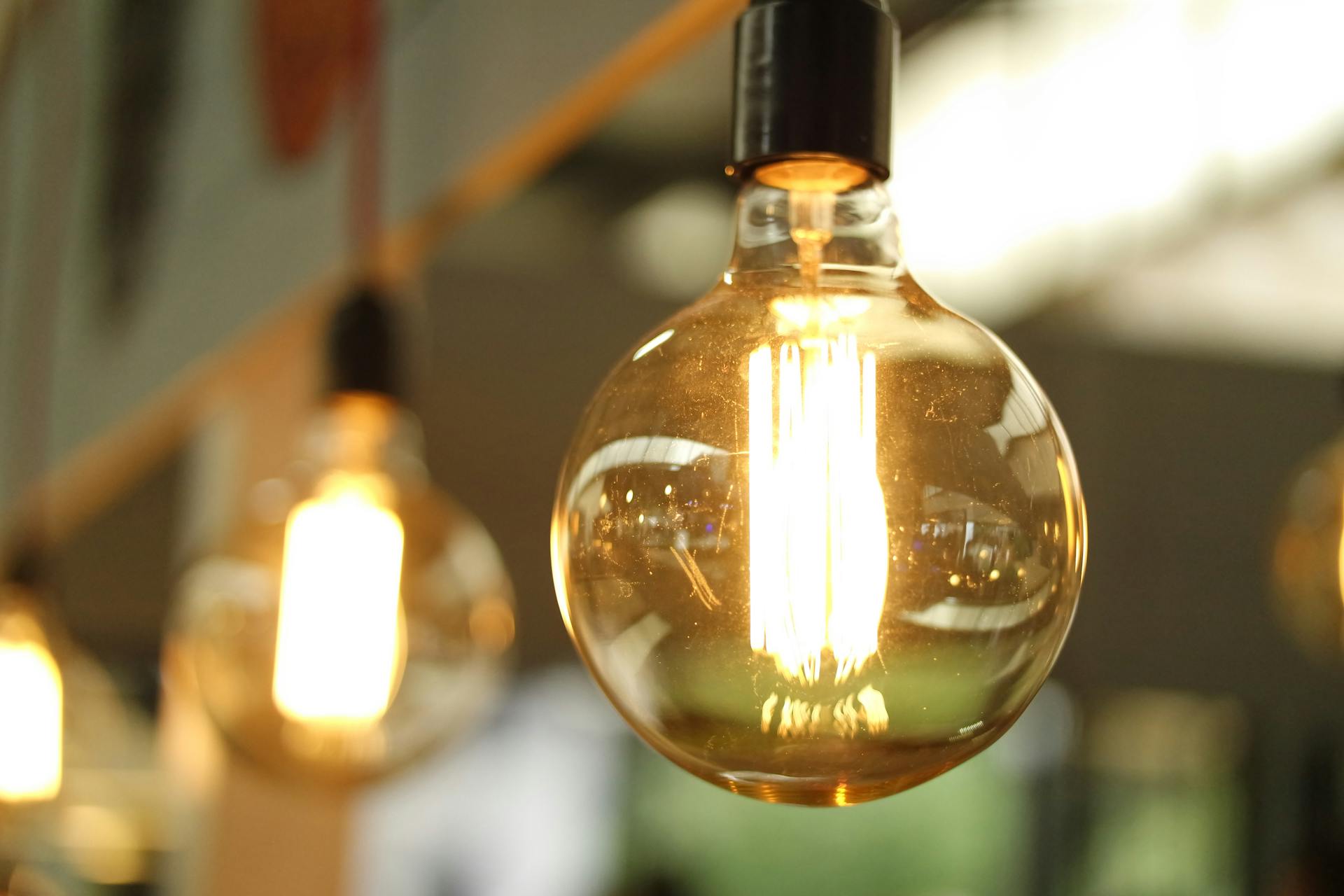

Question: Does a heat pump use a lot of electricity?
Answer: Heat pumps use electricity, but are generally more efficient than traditional electric resistance heating. They move heat rather than generating it, leading to lower operating costs in many cases.
Understanding Heat Pump Energy Consumption
Does a heat pump use a lot of electricity? This is a common question among homeowners considering this energy-efficient heating and cooling solution. While heat pumps do require electricity to operate, their overall energy consumption depends on various factors. Let’s delve into the intricacies of heat pump energy use and explore how they compare to traditional heating systems.
How Heat Pumps Work
Heat pumps utilize electricity to move heat, rather than generating it directly like a furnace. In the winter, they extract heat from the outdoor air (even in cold temperatures) and transfer it inside. During the summer, the process reverses, moving heat from inside the home to the outside. This efficient mechanism allows heat pumps to provide both heating and cooling with a single unit.
Click here to read more about Orangeville realtors
Related Article: What is More Efficient Than a Heat Pump?
Related Article: What is the Downside to a Heat Pump?
Comparing Heat Pumps to Other Heating Systems
Compared to traditional electric resistance heating, heat pumps are significantly more energy-efficient. They move heat rather than generating it directly, resulting in lower operating costs. While heat pumps do consume electricity, the amount used is often less than the electricity required to run baseboard heaters or electric furnaces. When compared to natural gas furnaces, the cost comparison is more nuanced. Natural gas prices fluctuate, and while a high-efficiency gas furnace might have lower operating costs during periods of low gas prices, a heat pump can often offer cost savings, especially with rising gas prices and considering the cooling functionality included within the heat pump system.
Long-Term Cost Savings and Environmental Benefits
While the initial purchase price of a heat pump can be higher than other heating systems, the long-term cost savings from lower energy bills often offset this initial investment. Additionally, heat pumps offer significant environmental benefits. By using electricity rather than burning fossil fuels, they reduce greenhouse gas emissions and contribute to a cleaner environment. The increasing availability of renewable energy sources to power the electrical grid further enhances the environmental advantages of heat pumps.
Maintenance and Longevity
Proper maintenance plays a crucial role in ensuring a heat pump’s efficiency and longevity. Regular filter changes, coil cleaning, and professional inspections can help optimize performance and prevent costly repairs. With proper care, a well-maintained heat pump can last for 15-20 years or more, providing reliable heating and cooling comfort throughout its lifespan.
Conclusion
So, does a heat pump use a lot of electricity? The answer isn’t a simple yes or no. While they do require electricity, heat pumps are generally more energy-efficient than traditional electric heating systems. Factors like climate, home insulation, and proper sizing influence their energy consumption. By considering these factors and investing in a high-efficiency unit, homeowners can enjoy comfortable heating and cooling while minimizing their environmental impact and potentially saving money on their energy bills over the long term. When considering a heat pump for your home, it is essential to consult with a qualified HVAC professional to assess your specific needs and determine the best solution for your property. [ 1 ]
References
1. https://www.energysage.com/electricity/house-watts/how-many-watts-does-an-air-source-heat-pump-use/


